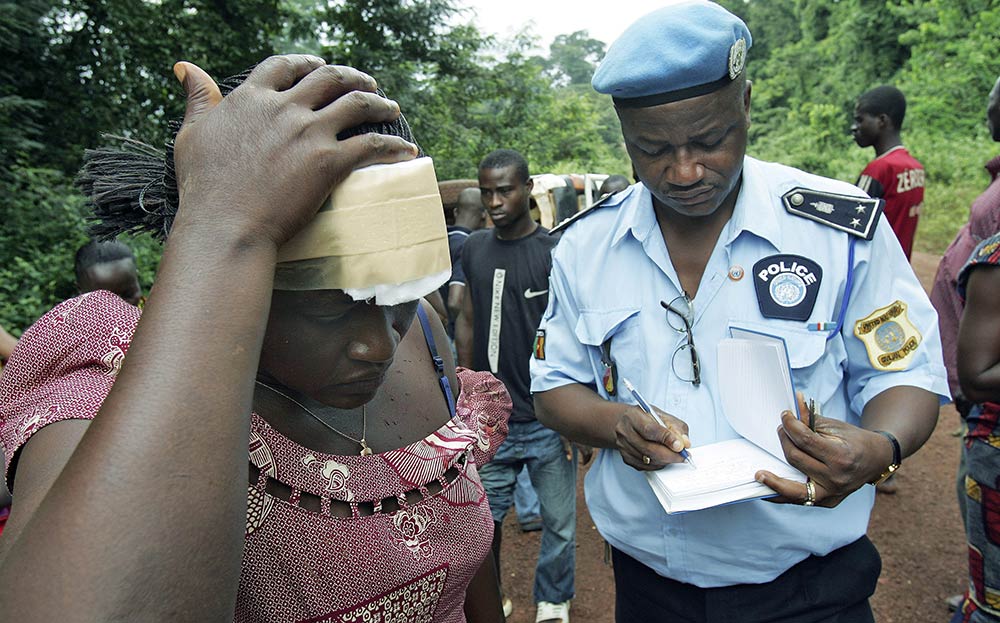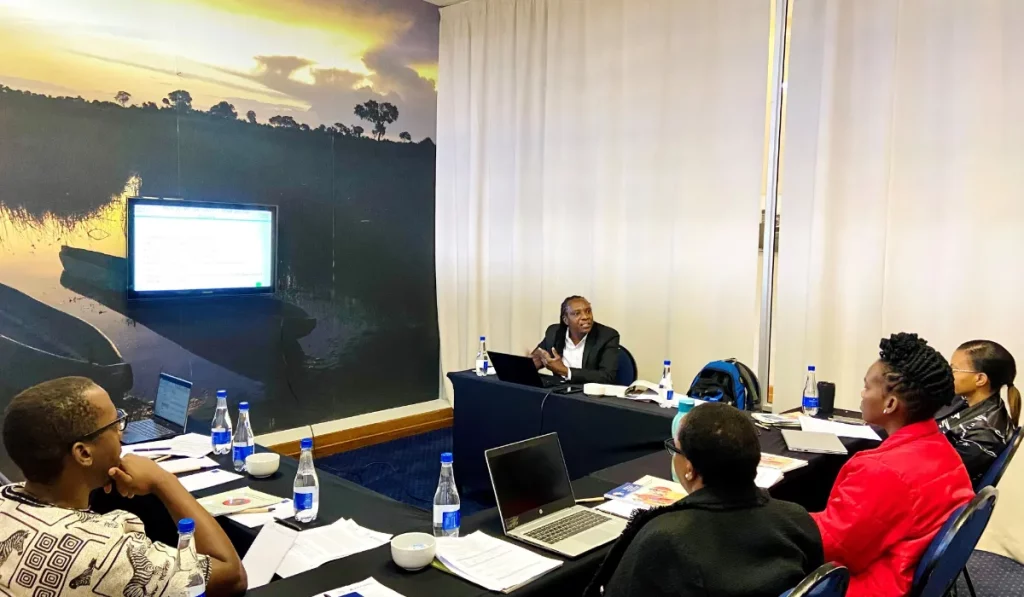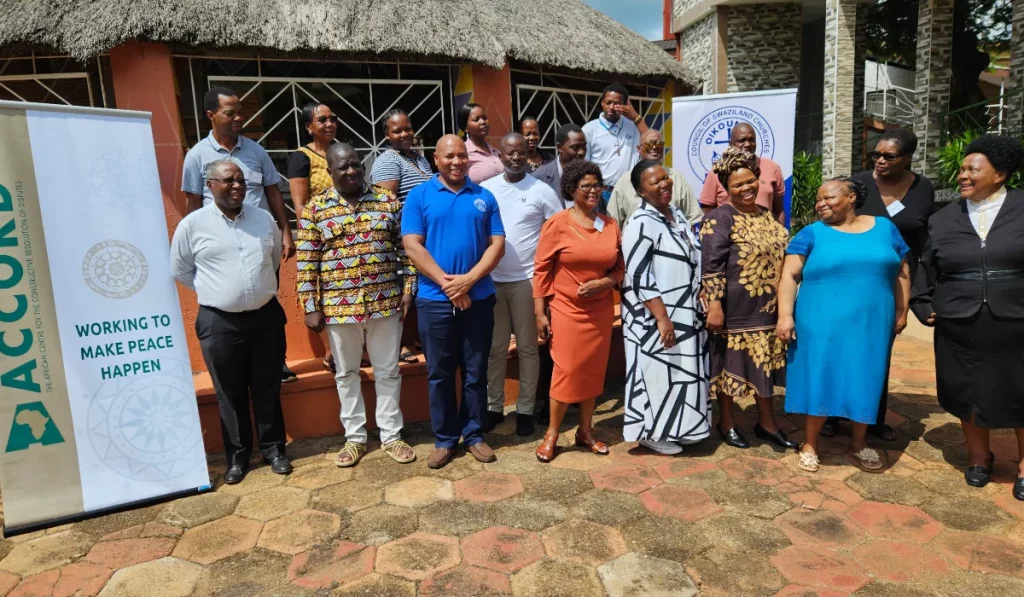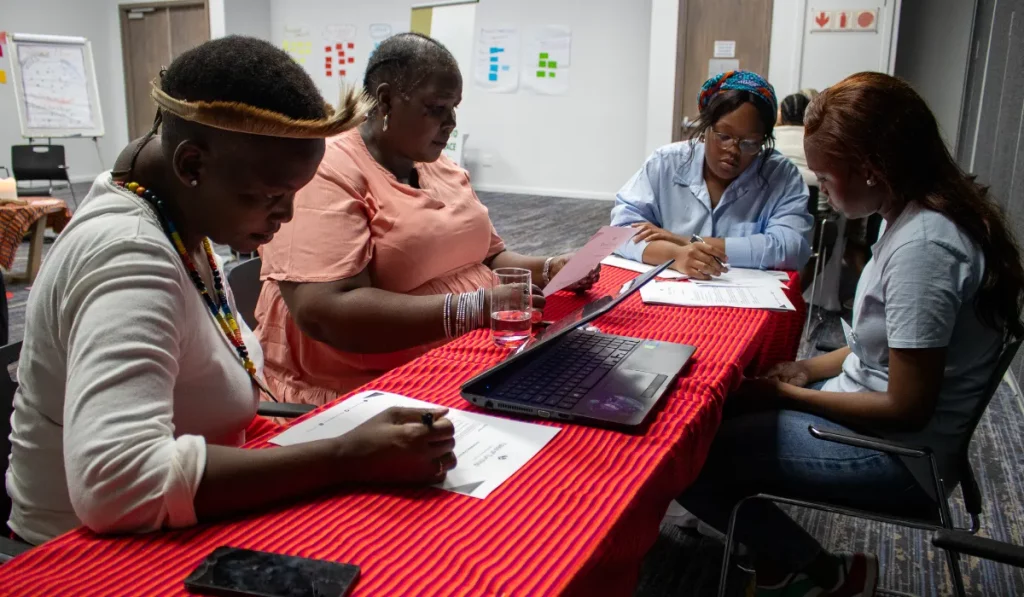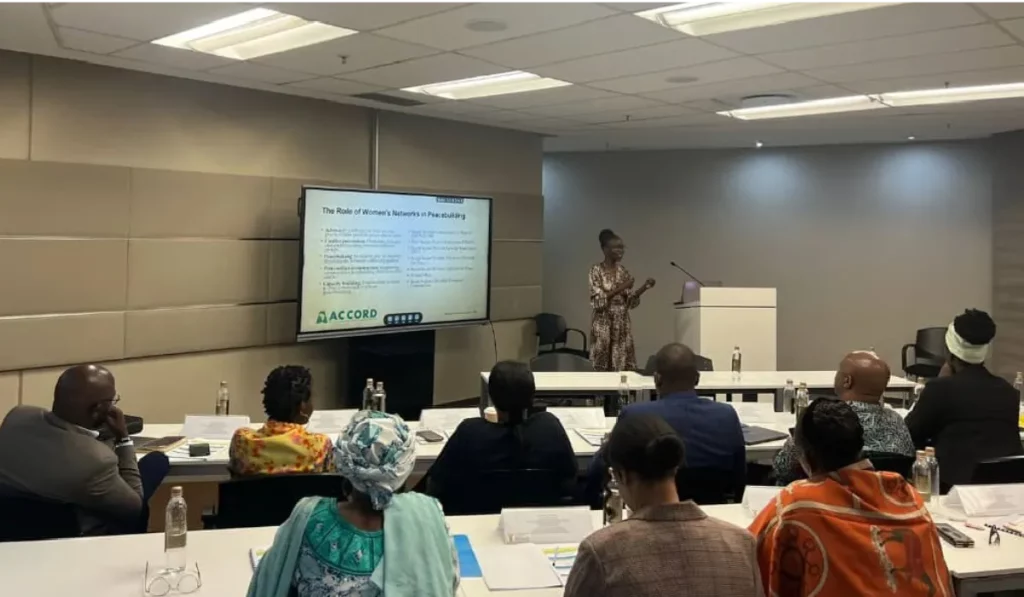The Training for Peace in Africa Programme at ACCORD (TfP/ACCORD) was requested by the Integrated Training Service (ITS), Division of Policy Evaluation and Training (DPET) of the Department of Peacekeeping Operations (DPKO) and Department of Field Support (DFS) to attend the United Nations (UN) Training of Trainers (ToT) Course for Protection of Civilians (PoC). TfP/ACCORD’s engagement on PoC pre-deployment training follows from the Programme’s wider contribution to the development of the UN PoC Strategic Framework, the Draft African Union (AU) PoC Guidelines, and the mainstreaming of these guidelines into current AU and UN operations on the continent respectively.
The UN ToT Course commenced from 24 June to 5 July 2013, in Addis Ababa, Ethiopia, and provided key tools to national trainers to efficiently disseminate the UN Specialised Training Materials (STM) for Protection of Civilians along with the UN peacekeeping Core Pre-Deployment Training Materials (CPTM). While doing so, civilian, military and police trainers from contributing Member States in the Africa region were offered opportunities to improve their planning and delivering skills, as well as provide input on further improvements to the materials. TfP/ACCORD was represented by Ms Seun Abiola, Peacekeeping Unit Senior Programme Officer.
The engagement provided an opportunity for participants to share experiences and knowledge spanning the work of TfP/ACCORD with various missions, and the different components as civilians, military and police. Participants were encouraged to share experience and knowledge during group discussions, group work, and presentations. The Programme benefitted from the sharing of field experience from the different components from the different missions mainly at the tactical level, and was also able to share its knowledge of peacekeeping on pertinent issues such as PoC, and on processes which also cut across the strategic, operational and tactical levels. The Programme was able to provide input on further improvements to the materials, drawing from its engagements and experience in the peacekeeping field in general, and most especially PoC. In particular, the Programme was able to provide input on the civilian aspect of peacekeeping, and the linkages between civilian, military and police personnel in the operational planning for PoC.
The Programme’s support to the utilisation of such standardised and quality assured pre-deployment training materials contributes towards high quality and relevant training that will result in more competent personnel in peace operations. This engagement is in line with TfP/ACCORD’s use of the UN Pre-deployment PoC Training Material that it assisted in developing in 2008, most especially the utilisation of such materials in the delivery of specialised modules on PoC as part of its training support to pre-deployment courses of African Regional Training Centres of Excellence, and specialised modules delivered in-mission to practitioners in the field. The Programme was also able to align this engagement with its joint work on training with the Capability Development Unit (CDU) in the AU’s Peace Support Operations Division (PSOD), in particular the development of African Standby Force (ASF) PoC Training Guidelines, and induction training for current operations such as AMISOM. Further, TfP/ACCORD’s engagement with representatives from other training centres on the continent provided a platform through which the Programme could network and discuss potential joint work on PoC related training and capacity building materials.

